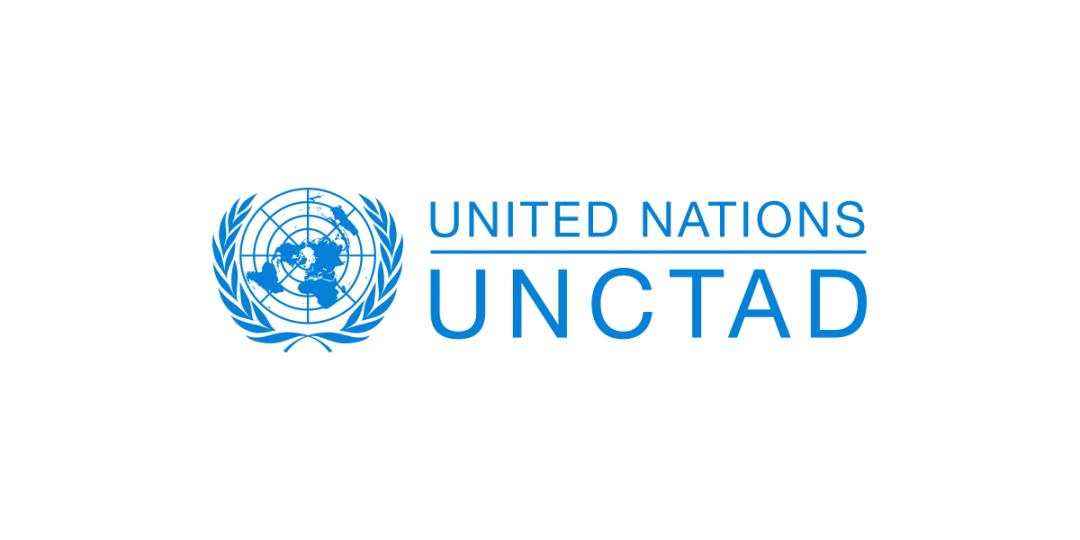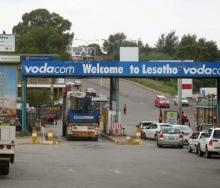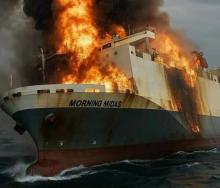Unctad’s rapid assessment of the impact of war in Ukraine on trade and development has confirmed a rapidly worsening outlook for the world economy, underpinned by rising food, fuel and fertiliser prices, heightened financial volatility, sustainable development divestment, complex global supply chain reconfigurations, and mounting trade costs.
The UN's trade and development body has downgraded its global economic growth projection for 2022 to 2.6% from 3.6% due to the Ukraine war and to changes in macroeconomic policies made by countries in recent months.
In an update to its Trade and Development report published on March 24, Unctad says that while Russia will experience a deep recession this year, significant slowdowns in growth are expected in parts of Western Europe and Central, South and South-East Asia.
The ongoing war in Ukraine is likely to reinforce the monetary tightening trend in advanced countries following similar moves that began in late 2021 in several developing countries due to inflationary pressures, with expenditure cuts also anticipated in upcoming budgets.
Unctad is worried that a combination of weakening global demand, insufficient policy coordination at the international level, and elevated debt levels from the pandemic, will generate financial shockwaves that can push some developing countries into a downward spiral of insolvency, recession and arrested development.
“The economic effects of the Ukraine war will compound the ongoing economic slowdown globally and weaken the recovery from the Covid-19 pandemic,” Unctad Secretary-General Rebeca Grynspan said.
“Many developing countries have struggled to gain economic traction coming out of the Covid-19 recession and are now facing strong headwinds from the war. Whether this leads to unrest or not, a profound social anxiety is already spreading.”
Even without lasting financial market disruptions, developing economies will face severe constraints on growth. During the pandemic, their public and private debt stocks have increased. And issues that receded from view during the pandemic, including high corporate leverage and rising household debt in middle-income developing countries, will resurface as policy tightens.
Surging prices
The war has put further upward pressure on international prices of energy and primary commodities, stretching household budgets and adding to production costs, while disruptions to trade and the effects of sanctions are likely to have a chilling effect on long-term investment.
Coming just as pandemic-induced disruptions seemed to be subsiding, the geopolitical crisis has dealt a blow to confidence domestically. “The added pressure of price increases is intensifying calls for a policy response in advanced economies, including on the fiscal front, threatening a sharper-than-expected slowdown in growth,” the Unctad report says.













